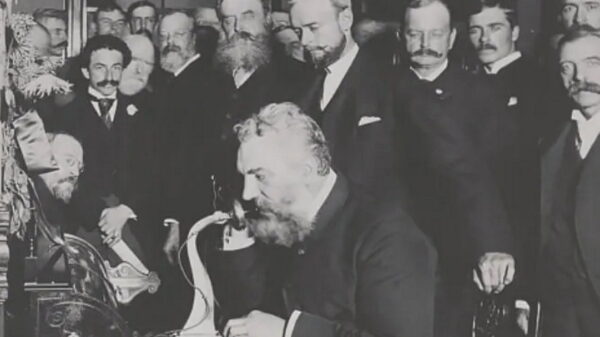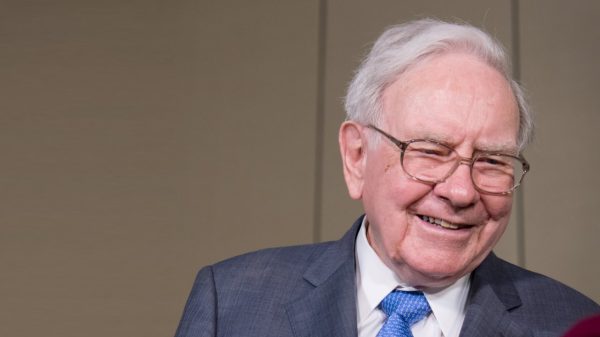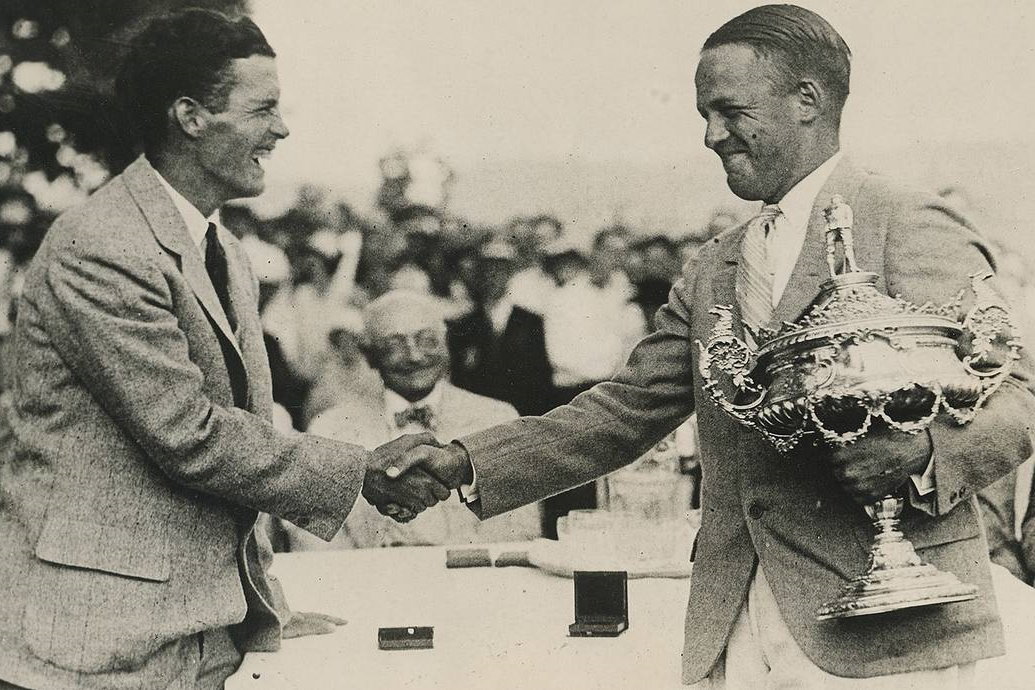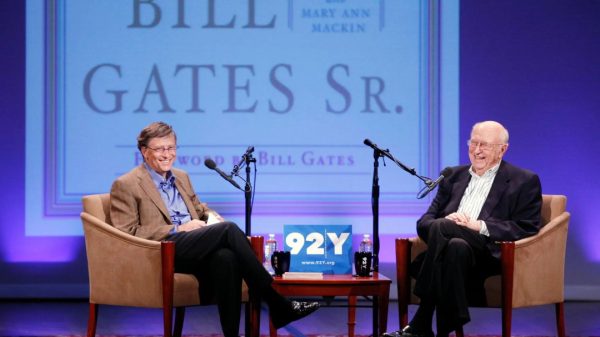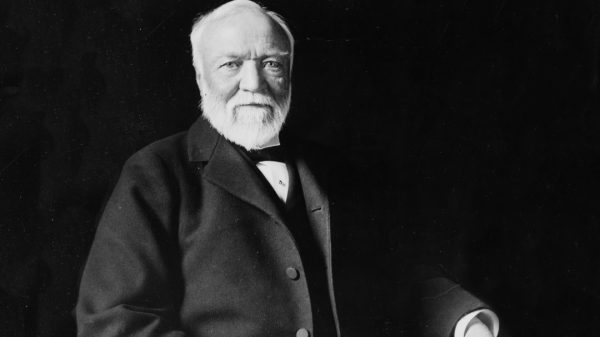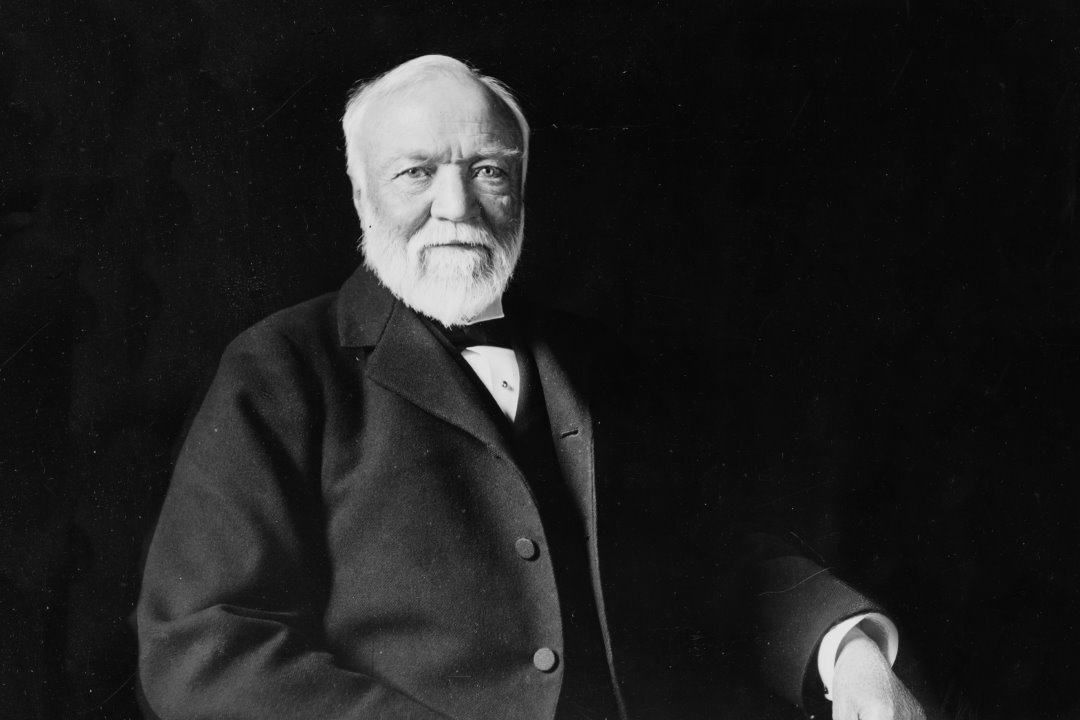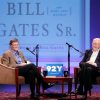The “Andrew Carnegie Dictum” was:
To spend the first third of one’s life getting all the education one can.
- Carnegie’s education and passion for reading were given a boost by Colonel James Anderson, who opened his personal library of 400 volumes to working boys each Saturday night. Carnegie was a consistent borrower and a “self-made man” in both his economic development and his intellectual and cultural development. He was so grateful to Colonel Anderson for the use of his library that he “resolved, if ever wealth came to me, to see to it that other poor boys might receive opportunities similar to those for which we were indebted to the nobleman”. His capacity, his willingness for hard work, his perseverance and his alertness soon brought him opportunities.
To spend the next third making all the money one can.
- His 1889 article proclaiming “The Gospel of Wealth” called on the rich to use their wealth to improve society, expressed support for progressive taxation and an estate tax, and stimulated a wave of philanthropy. Carnegie started work as a telegrapher, and by the 1860s had investments in railroads, railroad sleeping cars, bridges, and oil derricks. He accumulated further wealth as a bond salesman, raising money for American enterprise in Europe. He built Pittsburgh’s Carnegie Steel Company, which he sold to J. P. Morgan in 1901 for $303,450,000 (equal to $9,883,973,400 today); it formed the basis of the U.S. Steel Corporation. After selling Carnegie Steel, he surpassed John D. Rockefeller as the richest American for the next several years.
To spend the last third giving it all away for worthwhile causes.
- Carnegie spent his last years as a philanthropist. From 1901 forward, public attention was turned from the shrewd business acumen which had enabled Carnegie to accumulate such a fortune, to the public-spirited way in which he devoted himself to utilizing it on philanthropic projects. He had written about his views on social subjects and the responsibilities of great wealth in Triumphant Democracy (1886) and Gospel of Wealth (1889). Carnegie devoted the rest of his life to providing capital for purposes of public interest and social and educational advancement.
“I think Carnegie’s genius was first of all, an ability to foresee how things were going to change,” says historian John Ingram. “Once he saw that something was of potential benefit to him, he was willing to invest enormously in it.”
Some content sourced here.

